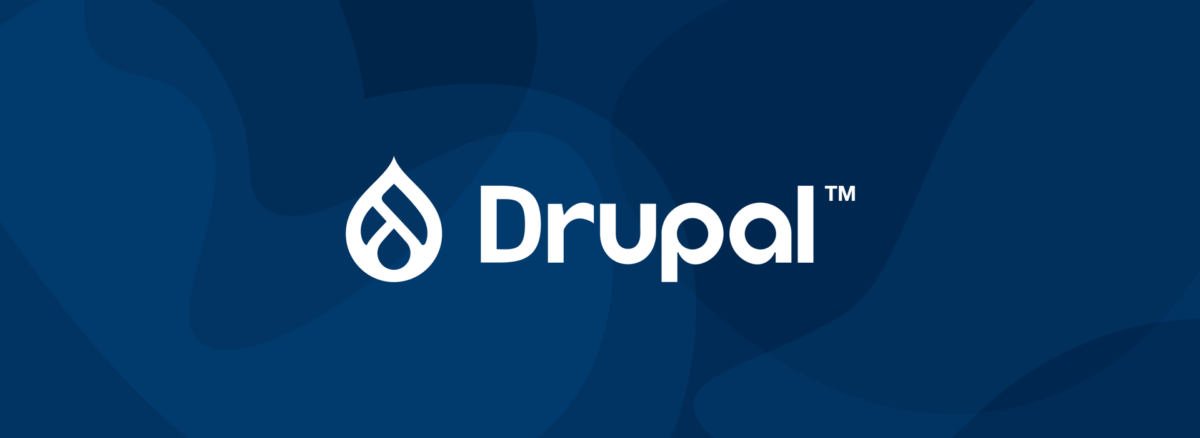Open Source/Free
Drupal is a free, open-source content management software. It’s used to make many of the websites and applications you use every day. Drupal is among the most popular CMS’ currently available and is the preferred choice for government agencies, large associations, nonprofits, and many Fortune 500 companies. Simple for editors, powerful for administrators, secure, and accessible for everyone, Drupal is a one stop shop for all of your website needs. This is the main reason why we at ThoughtLab Belgium focus on Drupal development.
Community
In addition to being a great tool for building websites, one of the main strengths of Drupal is being one of the largest open-source communities, which creates the software, writes the documentation, provides support, and runs events all over the world.
Secure CMS
If implemented correctly and maintained properly, Drupal has proven to be a secure open source CMS with framework applications. Drupal is mature, stable, and designed with security in mind; for this reason, many large organizations rely on Drupal as the main CMS used to power their websites or web applications.
Highly Scalable
Drupal is highly scalable, making it popular with large and complex organizations that have high traffic sites. Drupal improves website performance through caching, especially for logged-in users, reducing page load times and resource requirements. Drupal has multiple types of opcode caching add-ons for PHP that can provide a substantial benefit to a slow site and greatly reduce CPU usage (process time).
It’s SEO/Search Engine Friendly
Drupal “out of the box” is quite well optimised for search engines, especially when Drupal 7 arrived back in 2011 with RDF support enabled. Drupal code is written quite semantically, and its ability to use alt and title tags for images and other uploaded media gives it quite a push in SEO terms.
Multiple user roles
Originally, Drupal was designed for community-based websites. Because of this, since the very beginning, it had rather extensive opportunities for various user roles and, as a result, extensive access control functionality. In other words, there is no limit to the imagination when it comes to granting user roles. You’ll most likely have an ‘unknown visitor’, ‘registered user’, ‘editor’, ‘admin’, ‘moderator’ and so on. Or you can have one unique user role. Drupal development is all about freedom.
What’s Next
If you’re ready to give Drupal a go, you’ll want to pick the right partner to make sure you get the most out of this CMS. Fortunately, at ThoughtLabs Belgium we have an experienced Drupal development team with over 15 years of experience and we offer quality and timely delivery of your project. Why wait please contact us for a free quote.
